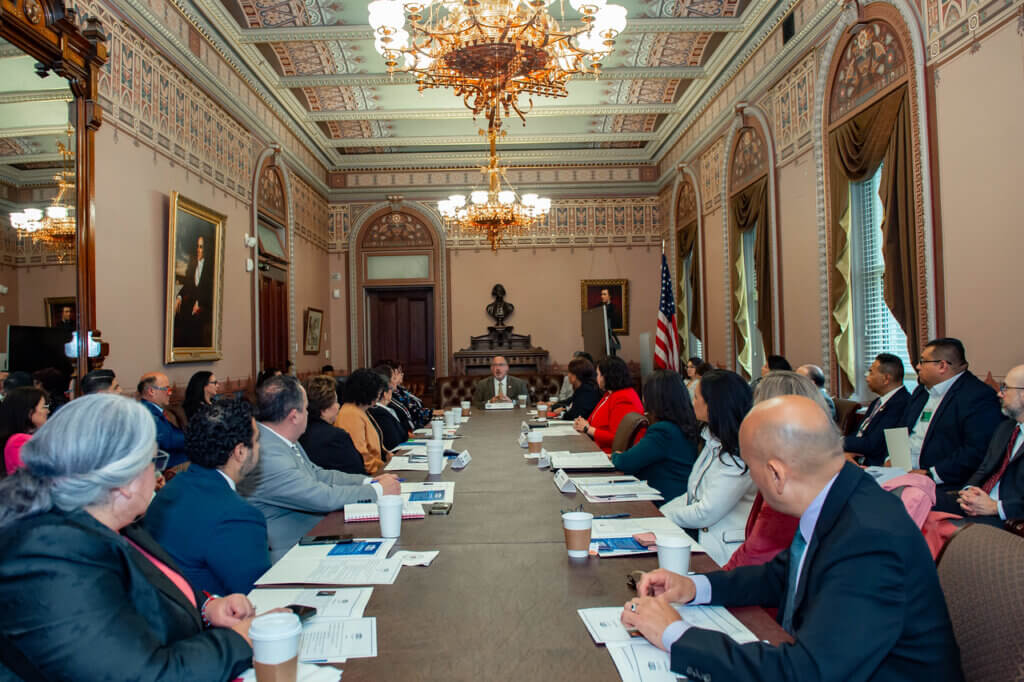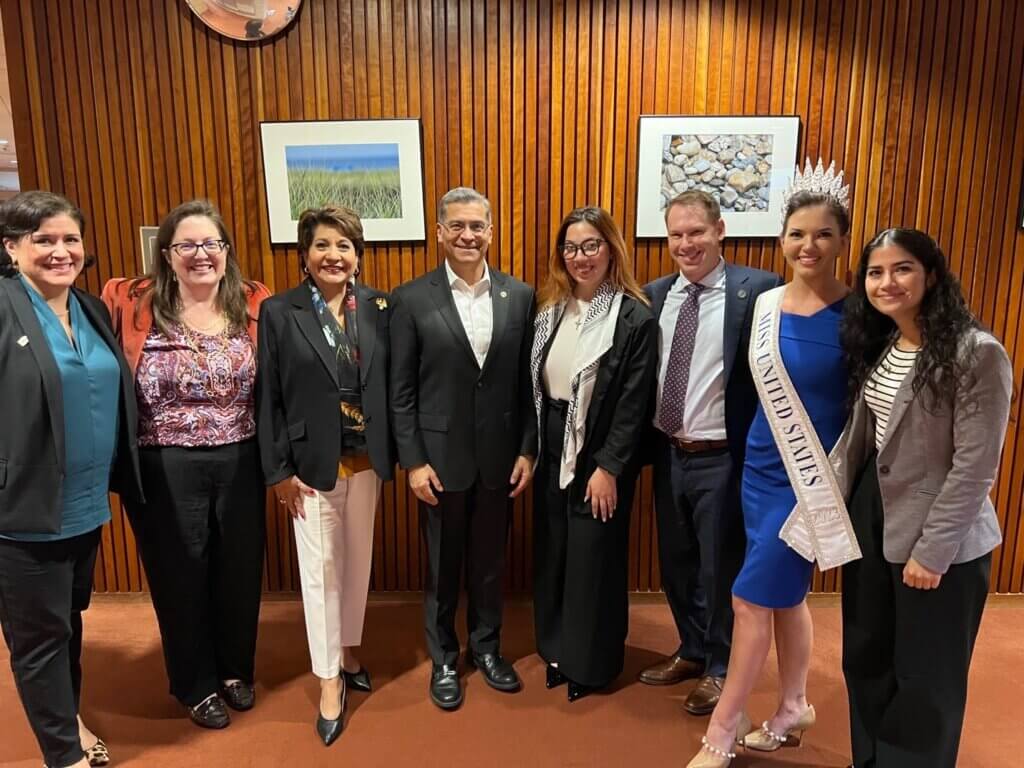Workforce Training Programs Change Lives
What if students in math class who were interested in health care could do word problems about pints of blood? What if students who were interested in construction could solve math equations about different materials used in the building industry? This is one strategy NCLR’s Adult Education and Workforce Development team uses to help adults complete a high school equivalency degree so they have a chance at getting into a vocational training program that can lead to a job in the industry of their choice.
 Math word problems tailored to students’ specific interests is just one way that NCLR’s Contextualized Adult Education program engages disconnected individuals who need a high school degree to qualify for the job of their choice. The program’s curriculum provides students with a framework that generates and sustains their interest in certain industries, according to Surabhi Jain, our Director of Adult Education and Workforce Development. She reports that students grasp concepts faster because they can relate to the content.
Math word problems tailored to students’ specific interests is just one way that NCLR’s Contextualized Adult Education program engages disconnected individuals who need a high school degree to qualify for the job of their choice. The program’s curriculum provides students with a framework that generates and sustains their interest in certain industries, according to Surabhi Jain, our Director of Adult Education and Workforce Development. She reports that students grasp concepts faster because they can relate to the content.
Together with our Los Angeles Affiliate Youth Policy Institute, we have seen increased student enrollment and retention with this curriculum. Additionally, students tend to complete the program in about seven months, compared to the 12–18 months for most GED programs.
NCLR’s Contextualized Adult Education program is one example of how our training programs address the needs and aspirations of Latino workers. Additional NCLR workforce programs include:
Adult ESL Education: We work to increase the capacity of our Affiliate organizations so they can offer English as a second language (ESL) classes for adults who want better-paying jobs or to prepare for citizenship requirements. English language skills are critical for workers to be able to participate in training that can lead to better, higher-wage jobs.
Worker ESL Education: We provide grants to organizations such as our Affiliate in Wisconsin, Vera Court Neighborhood Center, which has a workforce program that partners with employers to offer on-site English classes. The program has grown from two work sites initially to seven sites with 11 classes today, including factories, hotels, and manufacturing and packaging plants. Employers are enthusiastic in their support, with some giving staff time off to attend one or two classes per week, and some providing a bonus or gift card to workers who complete the program.
Bilingual Bank Teller Curriculum: With the generous support of Wells Fargo, NCLR runs a training program with seven Affiliates that prepares Latino millennials to become bilingual bank tellers. This program opens the door to a career in the financial sector for Latinos age 18–32 who complete an eight-week training course and offers help for students trying to secure job interviews at local banks. Just in its first year, the program had more than 200 students.
Our investment is changing lives and strengthening the workforce. We’re thrilled to hear from students such as Abril, a young mother hired by a public service credit union just one week after she completed our financial training program. Abril worked in her family’s bakery after graduating from high school but wanted to pursue full-time employment in a growing industry where she could use her bilingual skills. In the financial services training program, she honed her gift for sales, learned service recovery techniques, participated in a job shadow, and connected with employers eager to hire driven Latino millennials. Abril is delighted to start a career that will allow her to provide greater financial stability for her family.
This Labor Day, NCLR salutes the Latinos whose hard work and dedication to education are making a difference in their families’ lives and our nation’s economy.


